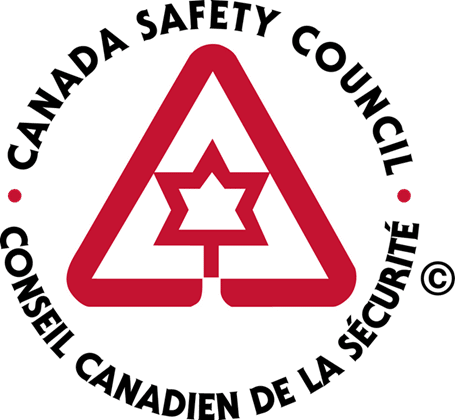Fight Fraud and Protect Your Finances
Fraud is a crime. It has many forms, and can happen to anyone.
From romance scams to free vacations ploys and too-good-to-be-true investment opportunities, the common thread is that fraud involves deception and stealing something of value from someone else. It is estimated that fraud costs Canadians more than $10 billion annually, according to the RCMP. That works out to about $300 per Canadian every year!
Financial fraudsters target senior Canadians for many reasons. Seniors are more likely to have excellent credit, making them attractive victims; they tend to be trusting and generous, attributes the bad guys take advantage of; they may have a harder time understanding and using newer technology, making them vulnerable online; and they may struggle with memory and providing detailed descriptions if they are defrauded. Further, because of shame or embarrassment, seniors are not likely to speak up when fraud happens to them.
This National Senior Safety Week, from November 6 to 12, the Canada Safety Council encourages seniors, their trusted family members and caretakers to talk about preventing financial fraud and what to do if it happens to them. It is pertinent that seniors protect their identity, privacy and information to minimize the risk of having their financial resources stolen or their credit history and reputation compromised.
Prevention Tips
- Keep your personal financial information safe. Never provide your bank account or credit card numbers over the phone or Internet, or by email. Do not share your personal identification numbers (PINs) or online banking passwords with anyone – not even family members or close friends. Do not give out your social insurance number by email, over the phone or online, or when making a purchase.
- Shield the keypad with your free hand when entering your credit or debit card personal identification number (PIN) into an ATM keypad or when making a purchase.
- If you shop online, shop from reputable retailers and use one credit card to pay for your purchases. This will make it easier to track your transactions and spot suspicious activity. Change this credit card every year.
- Do not use free Wi-Fi Internet at coffee shops, for example, to shop or do your banking online. Make sure you are using a secure Internet connection.
- Review your credit card and debit statements regularly. If something doesn’t look right, contact your financial institution right away.
- If you receive paper statements, file them away safety or shred them. Go through your financial paperwork periodically, and shred what you no longer need. Do not throw financial information directly into the garbage; shred it first!
- Donate only to reputable charities that you know and trust. Do not donate money to an unknown charity. If you want to donate to specific charities, directly contact them to safely make a donation.
- If you think a deal sounds too good to be true, it is. Walk away.
- Never rush into a purchase because a salesperson is pressuring you. Take some time to think about the purchase. Be especially wary of apparent door-to-door repair or salespeople, for example, who appear friendly but insist on entering your home or pressuring you to make a purchase. Tell them you need several days to think about it, or choose not to open your door.
- When you are out running errands, leave your extra credit and debit cards in a safe place at home. This will help protect you in case you lose your purse or wallet.
- If you lose or misplace your debit or credit cards, contact your financial institution as soon as possible.
- Order your free credit report at least once a year from both credit reporting agencies in Canada: Equifax and TransUnion. Being informed of your credit situation is an important defence in fighting fraud.
If it happens to you
When senior Canadians are defrauded, embarrassment and shame often prevent them from reporting the crime to authorities and to their families; nine in 10 Canadians who are victimized by fraud don’t speak to anyone about it, according to the RCMP. But unreported crime is likely to go unpunished, allowing fraudsters more opportunities to victimize even more people. Also, fraud victims are more likely to become repeat targets.
Fraudsters can be hard to spot. They can be strangers, caretakers, business partners or even abusive family members who pile up debt using your name and credit. Financial fraud committed by people close to you is still fraud, and it should be reported to your financial institution and the police.
It is important to recognize that fraud can happen to anyone, regardless of age, income or life experience. If fraud happens to you, break the silence and talk about it. Deal with the incident as soon as you can. Notify your financial institution immediately and call the police to make a report. Contact the Canadian Anti-Fraud Centre at 1-888-495-8501. Keep written records detailing the circumstances of the incident.
Take steps to protect yourself from becoming a repeat target. Learn as much as you can about recognizing scams and safeguarding your information and finances.
For more on fraud prevention and protecting your finances, visit the Canadian Anti-Fraud Centre’s website.
-30-
For more information, please contact:
Catherine Gaudreau
Communications/Media Program Coordinator
(613) 739-1535 (ext. 228)
